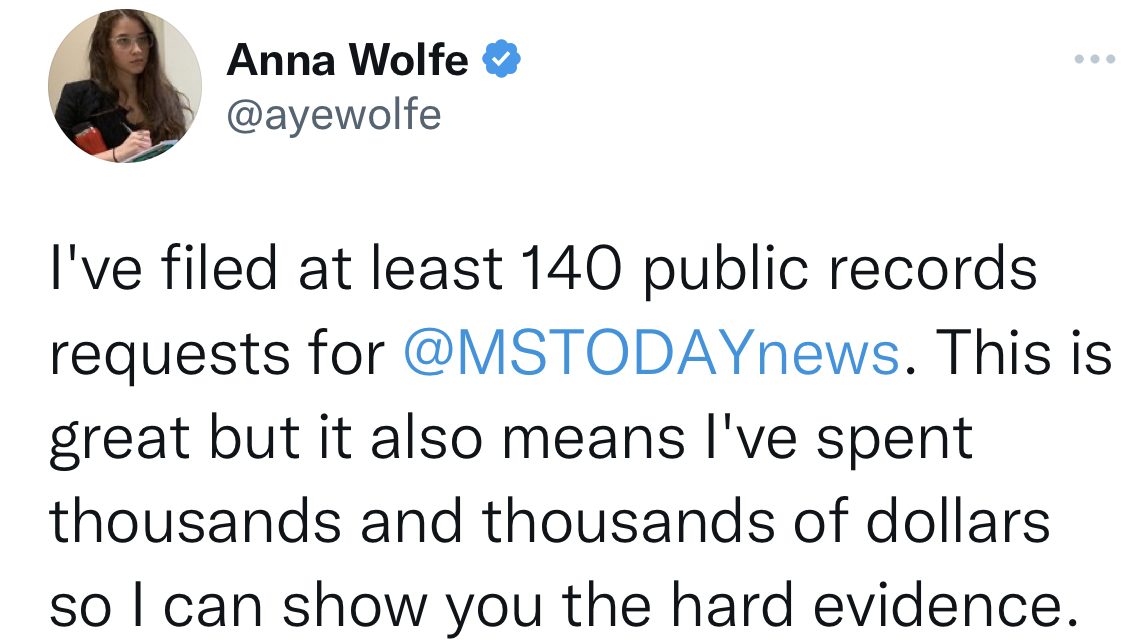The Mississippi Supreme Court has denied former NFL quarterback Brett Favre’s attempts to escape a civil lawsuit over the Mississippi welfare scandal.
Favre first filed a motion to dismiss charges against him in the lawsuit, which has been ongoing for more than a year, in February. The judge in the case, Hinds County Circuit Court Judge Faye Peterson, denied the motion in April. It was her first major ruling in the case, a sprawling lawsuit with 47 defendants and pending motions that have been stale for months. Favre appealed the decision to the Mississippi Supreme Court in May.
Mississippi Department of Human Services is bringing the case in an attempt to recoup $77 million in misspent funds from the federal Temporary Assistance for Needy Families program, or TANF. This includes more than $7 million that went to Favre’s projects, a pharmaceutical startup company and a volleyball stadium at his alma mater University of Southern Mississippi.
As part of its complaint, the welfare agency alleges Favre benefitted from these fraudulent transfers, in part because Favre had agreed to fund the volleyball stadium construction himself. Favre’s attorneys argue that not only is MDHS wrong about that, but the agency’s whole theory about who should be liable in this case is faulty.
“MDHS’s theory would effectively place no limits on UFTA (Uniform Voidable Transactions Act) liability—anyone could be sued who could in any way be deemed to have reaped some undefined benefit from a transfer,” Favre’s original motion reads. “That of course is not the law in Mississippi or anywhere else.”
This was much of the basis for Favre’s appeal to the Mississippi Supreme Court. His attorneys argued that interlocutory review “would materially advance this case’s termination and enable the parties and the circuit court to avoid the exceptional expense of litigating meritless claims; avoid further unwarranted damage to Favre’s reputation; and facilitate the administration of justice in Mississippi.”
The justices declined to intervene, denying Favre’s appeal Wednesday.
“This will now allow the civil litigation to move forward, and MDHS is encourage by that prospect and by the Supreme Court’s ruling,” Mississippi Department of Human Services Director Bob Anderson said in a statement after the order came down.
MDHS had argued plainly in its answer to Favre’s appeal that the major orchestrators of the illegal welfare fraud scheme had already pleaded guilty to criminal charges and that the purpose of its civil lawsuit was to “recover the misspent TANF funds from those who aided these fraudsters and benefitted from their frauds.”
“Brett Favre is one of those people,” the attorney for MDHS wrote. “Favre took $1.1 million in TANF funds from Nancy New for speeches he never made. Favre repaid that, but he has neither repaid the $1.7 million he arranged for his drug company, Prevacus, to receive in exchange for giving Nancy New stock, nor the $5 million he orchestrated the USM Athletic Department to receive for a volleyball facility.”
Texts made public last year revealed that New, a nonprofit operator tasked with managing tens of millions of federal anti-poverty funds, had paid Favre $1.1 million under a promotional gig, but only so he could pass the funds to USM so the university could get started on constructing the athletic facility. The only evidence of work Favre conducted under this contract is one radio ad he cut for the anti-poverty program. Favre’s attorneys said he never did use the money he received on the volleyball project.
Favre is not facing criminal charges in the U.S. Attorneys Office’s parallel criminal case, which has produced no major public developments since the office indicted former WWE wrestler Teddy DiBiase Jr. in April.



